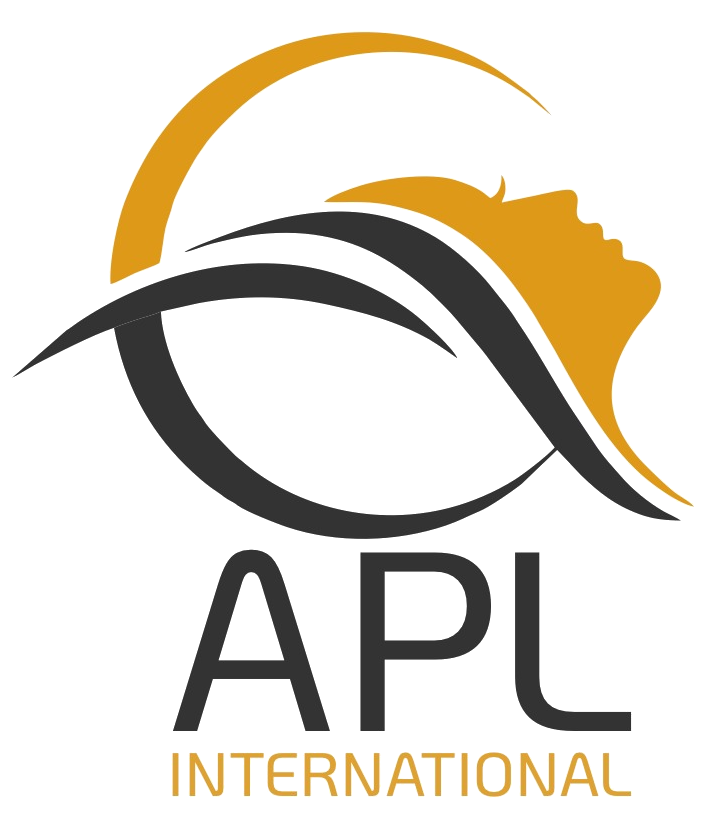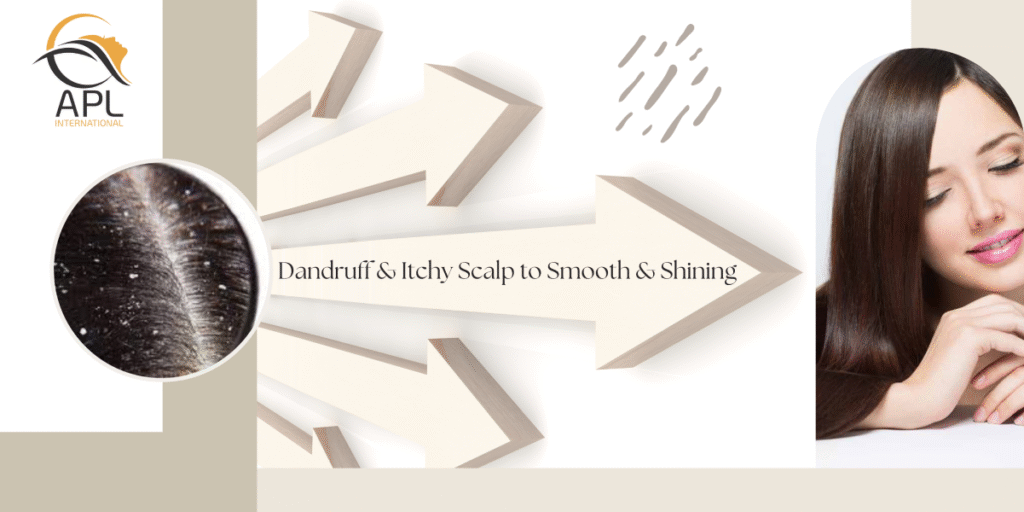
The beauty and personal care market has evolved rapidly in the last decade, with natural and customized haircare products leading the trend. Today, more entrepreneurs, salon owners, and wellness brands are exploring private label hair care manufacturing to launch their own product lines without the heavy investment of setting up factories or R&D labs.
If you’ve ever dreamed of selling shampoos, serums, or herbal hair masks under your own label, this guide will walk you through the process step by step.
Understanding Private Label Hair Care
Private label manufacturing allows you to collaborate with established cosmetic manufacturers in Mumbai and across India who already have the expertise, certifications, and facilities in place. You get to brand the products as your own while focusing on building your identity, marketing, and customer relationships.
This approach is not only cost-effective but also flexible, enabling you to decide on everything from the ingredients and fragrance to the packaging and labeling.
This approach is not only cost-effective but also flexible, enabling you to decide on everything from the ingredients and fragrance to the packaging and labeling.
Step 1: Shape Your Brand Identity
Before selecting any product, ask yourself:
Who do you want to serve? (e.g., curly hair care, Ayurvedic remedies, men’s grooming, premium luxury buyers)
What values should your brand reflect? (eco-friendly, cruelty-free, salon-quality, budget-friendly)
How do you want to be recognized in the market?
This clarity becomes the backbone of your business and influences your design, packaging, and product range.
Step 2: Select Your Product Line
Instead of launching a dozen items at once, begin with a few essentials. Popular choices for private label natural hair products include:
~ Nourishing shampoos and conditioners
~ Herbal hair oils and scalp serums
~ Leave-in creams and styling gels
~ Deep repair masks and treatments
Using ingredients like coconut oil, aloe vera, hibiscus, bhringraj, and argan oil will also help you stand out in the growing “natural haircare” segment.
~ Nourishing shampoos and conditioners
~ Herbal hair oils and scalp serums
~ Leave-in creams and styling gels
~ Deep repair masks and treatments
Using ingredients like coconut oil, aloe vera, hibiscus, bhringraj, and argan oil will also help you stand out in the growing “natural haircare” segment.
Step 3: Choose the Right Manufacturing Partner
Finding the right partner is critical. Many cosmetic manufacturers in Mumbai specialize in private label and white label hair care. When evaluating options, look for:
~ GMP/ISO certifications and compliance with cosmetic regulations ~ Expertise in natural or organic formulations
~ Transparent MOQs (minimum order quantities)
~ Customization flexibility
~ In-house R&D and lab testing
A good manufacturer ensures that your products meet both quality standards and customer expectations.
~ GMP/ISO certifications and compliance with cosmetic regulations ~ Expertise in natural or organic formulations
~ Transparent MOQs (minimum order quantities)
~ Customization flexibility
~ In-house R&D and lab testing
A good manufacturer ensures that your products meet both quality standards and customer expectations.
Step 4: Personalize the Formula and Packaging
One of the biggest advantages of private label manufacturing is customization. You can request tweaks like:
~ Adding Ayurvedic herbs or botanical extracts
~ Developing paraben-free or sulfate-free options
~ Creating signature fragrances,
~ Using eco-friendly bottles, jars, or pump dispensers
Your packaging and label design play an equally important role. A well-designed bottle with a clear brand story can make your products stand out on shelves and online stores.
~ Adding Ayurvedic herbs or botanical extracts
~ Developing paraben-free or sulfate-free options
~ Creating signature fragrances,
~ Using eco-friendly bottles, jars, or pump dispensers
Your packaging and label design play an equally important role. A well-designed bottle with a clear brand story can make your products stand out on shelves and online stores.
Step 5: Testing, Compliance, and Safety
Before your products reach the market, make sure they are safe and stable. Trusted manufacturers conduct:
~ Microbial and stability testing
~ Shelf life checks
~ Packaging compatibility tests
~ Regulatory compliance certifications
This not only protects your customers but also builds your brand’s credibility.
~ Shelf life checks
~ Packaging compatibility tests
~ Regulatory compliance certifications
This not only protects your customers but also builds your brand’s credibility.
Step 6: Launch Smart with Small Batches
Start with a manageable order quantity to test customer response. Many manufacturers allow startups to order as low as 200–500 units per product, making it easier to launch without heavy upfront costs.
Step 7: Build Your Marketing and Sales Channels
Having great products is only half the battle—selling them is where your business grows. To build awareness, invest in:
~ A professional website and eCommerce store
~ Social media marketing on Instagram, YouTube, and TikTok
~ Collaborations with beauty influencers and hairstylists
~ Placement in salons, wellness stores, and online marketplaces
Highlighting keywords like “Made in India,” “Natural Ingredients,” and “Sulfate-Free” resonates strongly with modern consumers.
~ A professional website and eCommerce store
~ Social media marketing on Instagram, YouTube, and TikTok
~ Collaborations with beauty influencers and hairstylists
~ Placement in salons, wellness stores, and online marketplaces
Highlighting keywords like “Made in India,” “Natural Ingredients,” and “Sulfate-Free” resonates strongly with modern consumers.
Step 8: Collect Feedback and Scale Up
After launching, listen closely to your customers. Their reviews will help refine your products and identify opportunities for new variants or packaging formats.
Once your brand gains traction, you can expand by introducing new lines (like dry shampoo or scalp tonic), exploring international markets, or partnering with larger distributors.
Once your brand gains traction, you can expand by introducing new lines (like dry shampoo or scalp tonic), exploring international markets, or partnering with larger distributors.
Why Private Label Hair Care is a Winning Model
Faster Market Entry – Skip the R&D phase and launch in months, not years.
Lower Startup Costs – No need to set up factories or hire scientists.
Customization Options – From formulas to packaging, tailor everything.
Scalability – Start small and grow as demand increases.
Better Profit Margins – Control your pricing and brand positioning.
Lower Startup Costs – No need to set up factories or hire scientists.
Customization Options – From formulas to packaging, tailor everything.
Scalability – Start small and grow as demand increases.
Better Profit Margins – Control your pricing and brand positioning.
Final Thoughts
Private label hair care manufacturing offers aspiring entrepreneurs an incredible opportunity to create and scale their own haircare brand. With support from experienced cosmetic manufacturers in Mumbai, you can bring your vision to life—whether it’s Ayurvedic oils, salon-quality shampoos, or eco-friendly styling products.
By starting small, focusing on your brand identity, and investing in strong marketing, your haircare line could soon make its mark in the booming natural beauty industry.
By starting small, focusing on your brand identity, and investing in strong marketing, your haircare line could soon make its mark in the booming natural beauty industry.

